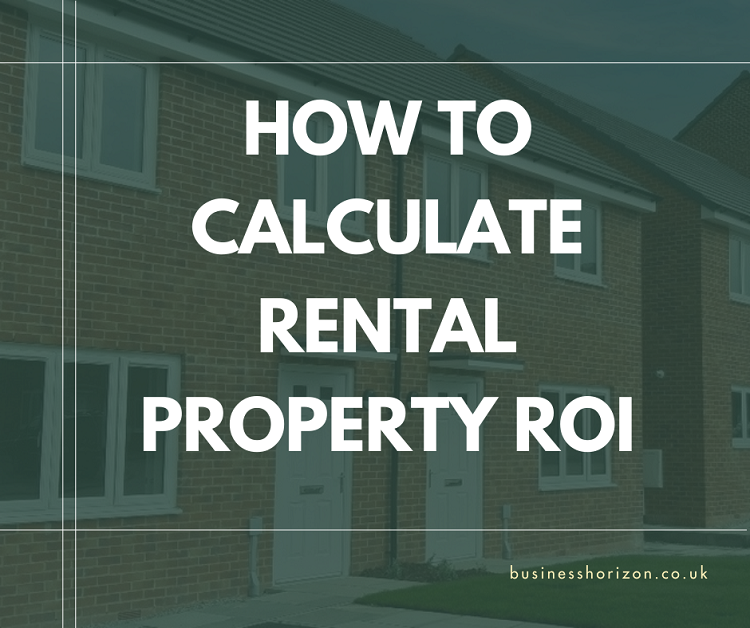You’ve probably found yourself asking this question if you’re thinking about selling, buying, or even refinancing a home: How long does a property valuation take? It’s a fair thing to wonder. If you’re juggling estate agents, mortgage brokers, and a to-do list as long as your arm, the last thing you want is another unknown.
The truth is, it’s not a one-size-fits-all answer. But there is a general range, and understanding what affects that range can help you feel a bit more in control of the whole thing.
The Quick Version
If you’re short on time and just want the rough idea, here it is. The on-site part of a property valuation typically takes 30 to 60 minutes, but the full process from booking to getting your report can take a couple of days to a week. Sometimes even longer if things get a bit complicated.
But if you’re after more than just a ballpark figure, stick around. There’s more to it than just someone walking through your house with a clipboard.
Booking the Valuation: The First Clock Ticks
Let’s start at the beginning. Once you’ve decided to get a valuation, the first step is booking it in. Some estate agents can get you an appointment within a day or two, especially if they’ve got someone local. Others might need a few days to fit you in, particularly if the market’s busy or you’re in a more rural area.
If it’s a mortgage valuation through a lender, it might take a bit longer. Lenders usually contract out to surveyors, and that adds a bit of back-and-forth. It’s not unusual to wait up to a week just to get a slot confirmed.
The Valuation Visit: Not Just a Quick Walkaround
Now for the visit itself. This is the bit most people picture. A surveyor or estate agent shows up, has a good look around, takes some notes, maybe a few photos, and leaves. And yes, that’s pretty much it. For a typical three-bedroom semi, they might be in and out in 45 minutes.
But if the place is larger, older, or has had some quirky renovations, it’ll probably take longer. Think of loft conversions, extensions, or anything unusual. Those things often need a closer look.
Also, access matters. If they can’t get into certain areas like a locked garage or loft, they might need to come back or make assumptions, which isn’t ideal.
Behind the Scenes: What Happens After They Leave
You might think the job’s done once they walk out the door. Not quite. After the visit, they’ll compare your property to recent sales in the area, take into account market trends, and crunch a few numbers. For estate agents, that might just be a quick analysis and a call to you later that day or the next.
But for formal valuations, say for a mortgage or probate, it’s a bit more official. The surveyor writes up a report, submits it, and in the case of mortgage valuations, sends it back to the lender. That can take two to five working days, sometimes more if they’re snowed under or something flags up during the check.
What Affects the Timing?
Here’s where things can stretch out or move quickly depending on the situation.
Type of Valuation
There are a few different kinds. An estate agent’s valuation is generally quick and free, aimed at giving you a market value to help with selling.
A RICS (Royal Institution of Chartered Surveyors) valuation, which might be needed for legal or financial purposes, takes longer and costs money. It also comes with a lot more detail, so naturally, it needs more time.
Location
Big cities usually have more surveyors, so you might get someone out quicker. In smaller towns or countryside areas, there might be a bit of a wait. Also, access to the property plays a role. If you or the tenants can’t make a certain date, things get pushed back.
Time of Year
Yes, even the calendar can mess with the timing. Spring and early summer tend to be busier times for the housing market, so valuers are often booked solid. Around Christmas or during school holidays? Things slow right down.
Can You Speed Things Up?
To an extent, yes. Here’s how:
- Be flexible with appointment times. The more options you give them, the sooner they can slot you in.
- Make the property easy to inspect. Clear the way to lofts, garages, or outbuildings so there are no delays or return visits.
- Have paperwork ready. If you’ve got planning permissions, EPCs (Energy Performance Certificates), or anything else relevant, hand them over.
It’s a bit like seeing the GP. Being prepared doesn’t mean they’ll be faster, but it can definitely stop things dragging on.
What If It’s Taking Ages?
Sometimes, delays happen. Maybe the surveyor’s swamped, maybe your valuation is tied up in a mortgage application that’s crawling along, or maybe something in the report needs double-checking.
If it’s been more than a week and you haven’t heard anything, it’s worth giving the agent or surveyor a nudge. Just a quick call or email can push things along or at least give you some clarity.
Why It Matters
Getting an accurate valuation is more than just ticking a box. It can affect your selling price, your borrowing ability, and even how quickly things move once offers start coming in. That’s why, even if it feels like it’s dragging, it’s not something to rush too much.
Also, don’t confuse a valuation with a full survey. A valuation is about price. A survey digs into structure and condition. Different beasts, really.


